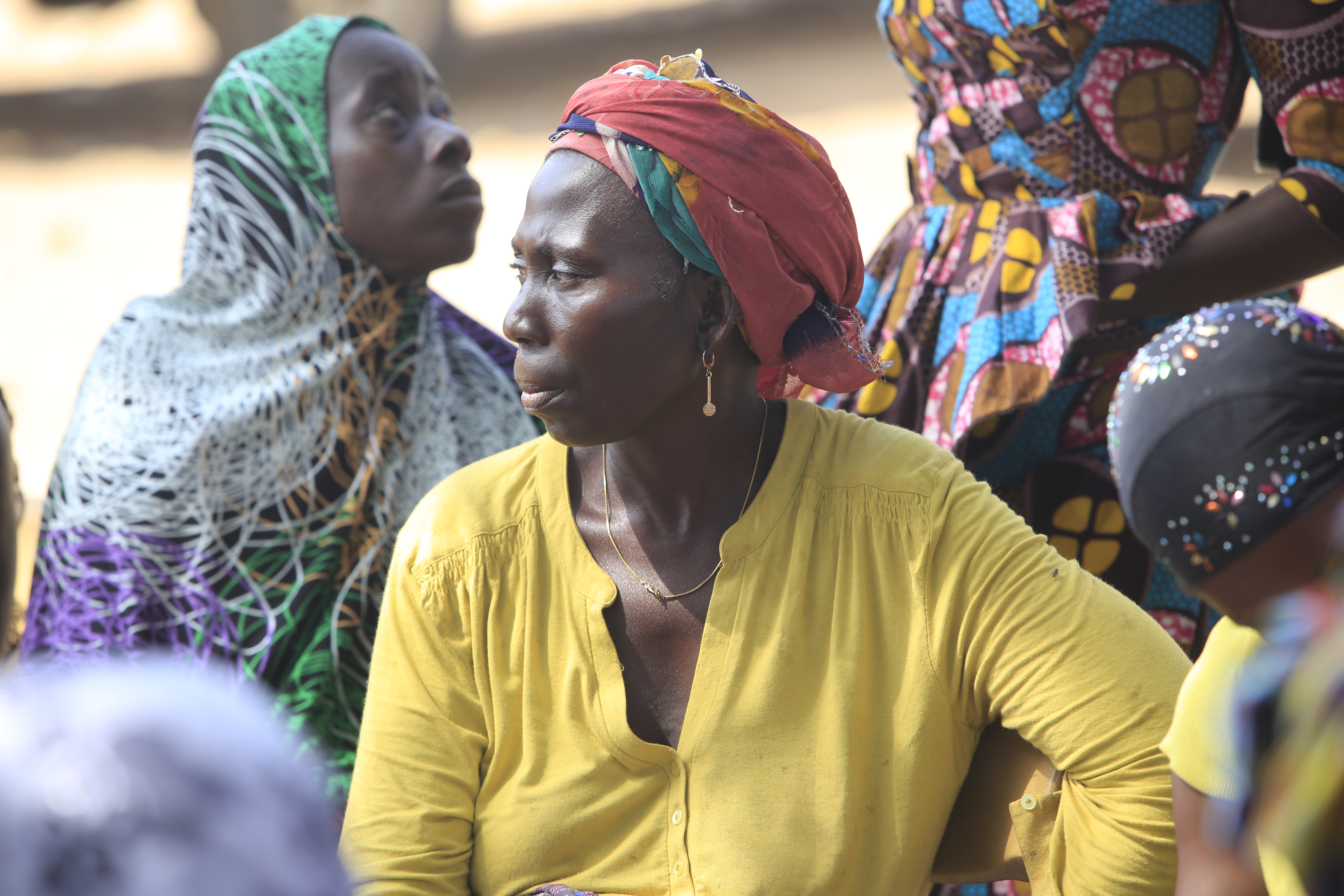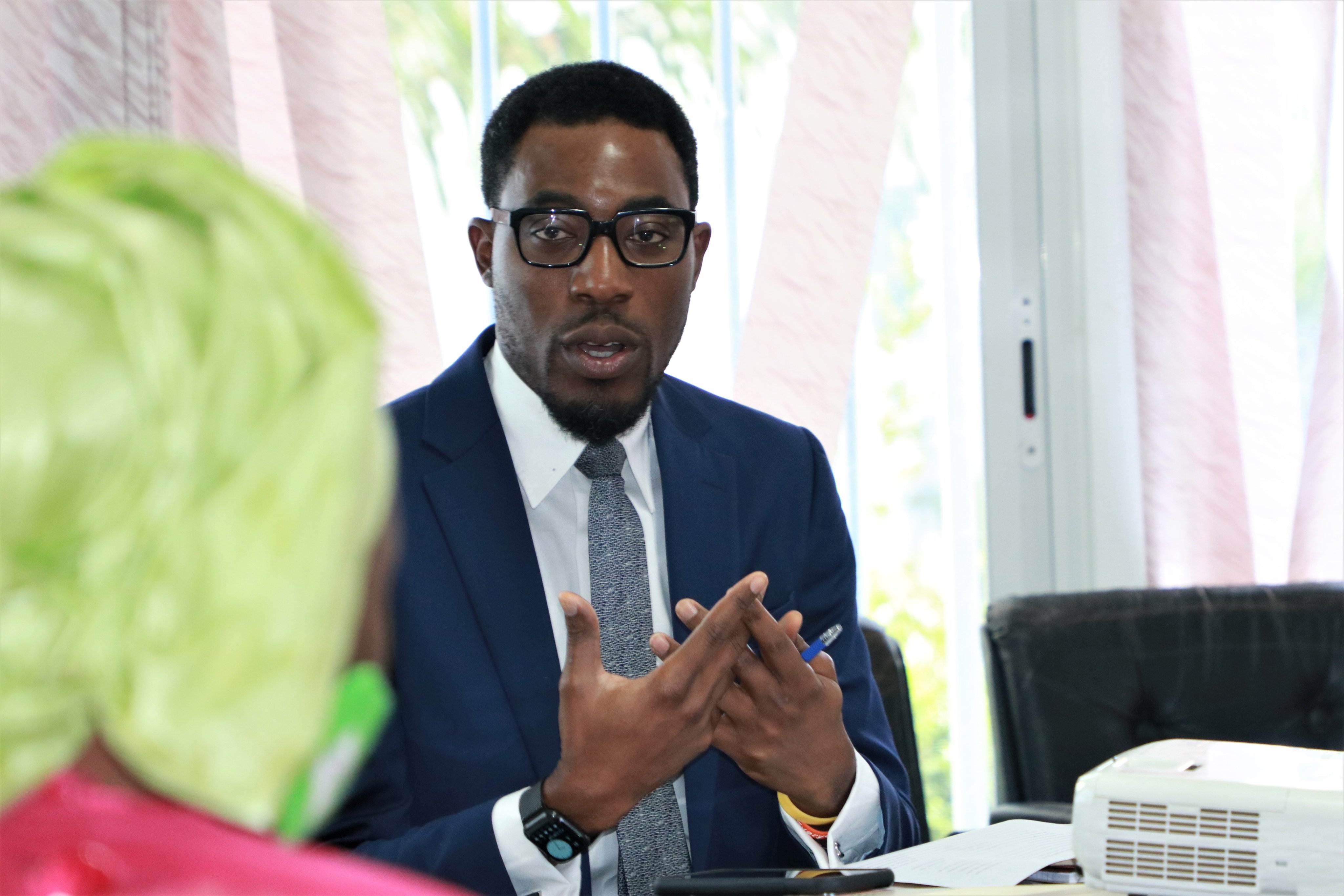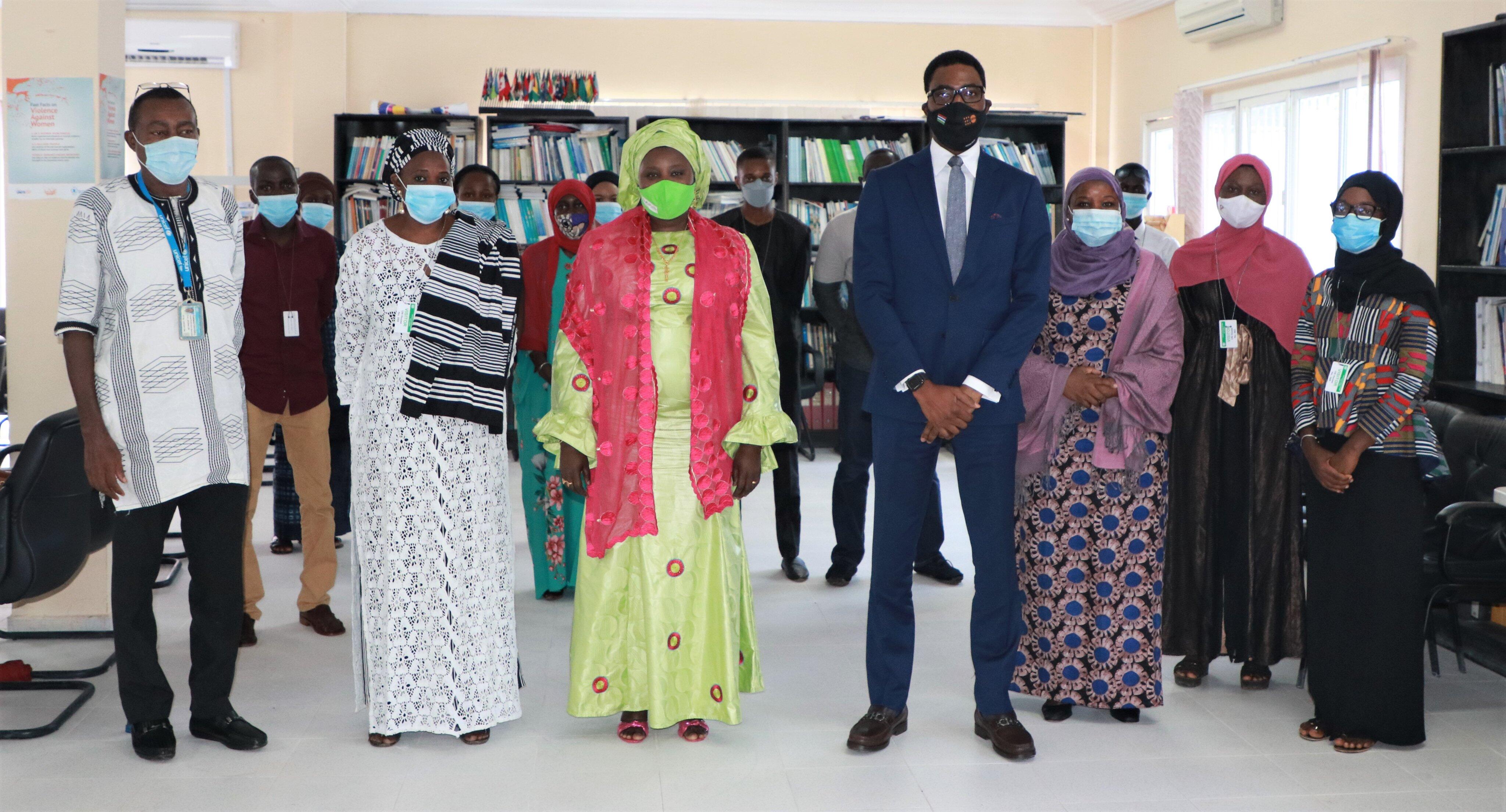Gender-Based Violence (GBV) is one of the most prevalent human rights violations in the world with at least 1 in every 3 women alive today having experienced some form of physical or sexual violence in their lifetime. As such, there is a need to put in place effective measures that adequately address GBV and its resulting implications on victims and survivors.
According to The Gambia Multiple Indicator Cluster Survey 2018, 49.9 percent of women aged 15 to 49 years believe it is okay for a husband to hit his wife if she: goes out without telling him; neglects the children; argues with him; refuses sex with him; burns the food. The same study found that 75.7 percent of women aged 15 to 49 years reported having undergone some form of Female Genital Mutilation (FGM). These figures and the recent predictions paint a picture of high prevalence of GBV in The Gambia and call for stringent measures to address these issues.
With the emergence of the COVID-19 pandemic, studies predict that there is a high likelihood of increased incidences of GBV everywhere. This is because pandemics such as COVID-19 result in restrictions on movement thus forcing some women and girls to stay at home with their abusers, among other factors.

To respond to some of these challenges, the UN Gender Technical Working Group led by UNFPA on 21 July 2020 commenced a 5-day training of trainers on Gender-Based Violence Case Management to support social workers, GBV case managers and Civil Society Organizations that provide GBV response services. The training was aimed at building the skills and capacity of participants to effectively employ a survivor-centered approach to care provision for GBV victims and survivors in The Gambia.
Bringing together 16 participants, the training was presided over by the UNFPA Country Representative, Mr. Kunle Adeniyi and Mrs. Rohie Bittaye-Darboe, Permanent Secretary Ministry of Women, Children and Social Welfare who described it as a timely initiative especially during the COVID-19 pandemic. Speaking at the opening, Mr Kunle Adeniyi emphasised the need and urgency for collaboration especially amongst the participants to help strengthen the impact of the training and consequently end Gender-Based Violence by 2030. Speaking on the relevance of the training and the required skills to support Gender-Based Violence case management in The Gambia, Mr Kunle said
“it is imperative that we continue to strengthen ourselves, develop our opportunities and refresh our skills and knowledge so that the global best practices continue to be adopted and implemented in our communities.”

He encouraged the participants to be open-minded and learn together.
Mrs. Rohie Bittaye-Darboe in officially declaring the start of the training alluded to the words on collective participation, learning and collaboration.
A holistic and structured system of managing GBV cases will enable and support victims and survivors to gain control over their lives after encountering horrific human right violations by their abusers such as Intimate partner violence, rape, sexual assault among others.
UNFPA continues to work with the government of The Gambia and other partners to address Gender Based Violence during the COVID-19 pandemic and beyond and ensure that women and girls especially live dignified and healthy lives free from violence.
***
Media contact:
Haddy Jonga - Programme Analyst Communications, UNFPA The Gambia jonga@unfpa.org
Isatou Jallow - Communications Associate, UNFPA The Gambia ijallow@unfpa.org


